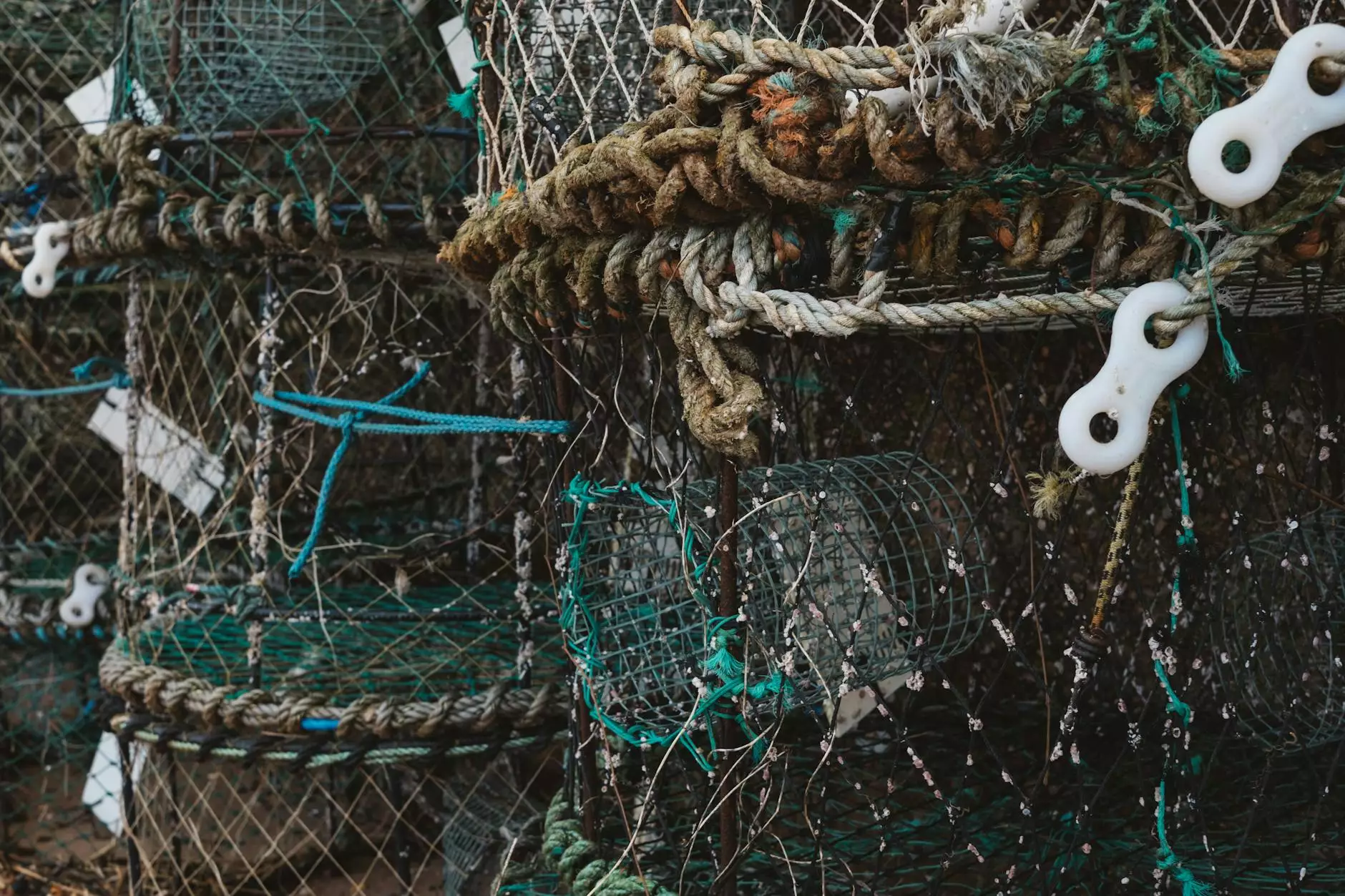Will Chlorine From Pool Damage or Bleach Grass
Artificial Grass
Chlorine is commonly used in swimming pools to maintain water clarity and prevent the growth of harmful bacteria. While it serves its purpose in disinfecting pool water, many pool owners are concerned about the potential damage or bleaching it may cause to their surrounding grass. In this comprehensive guide, Metate Industrial Supply will provide you with all the necessary information regarding this topic.
Understanding Chlorine and its Effects on Grass
Chlorine, in its chemical form, is a strong oxidizing agent that helps in sanitizing pool water. When used in proper concentrations, it effectively kills bacteria and prevents the spread of waterborne illnesses. However, if not handled with care, chlorine can have adverse effects on nearby grass and vegetation.
Direct contact between concentrated chlorine and grass blades can lead to various issues. The primary concern is chlorine burn, which occurs when the grass is exposed to high levels of chlorine. This can cause the grass blades to turn yellow or brown, resulting in patchy or discolored areas in your lawn.
In addition to chlorine burn, the bleaching effect of chlorine is another concern. When chlorine is accidentally spilled or splashed onto your grass, it can potentially remove the natural green pigmentation, resulting in a bleached appearance.
Preventing Chlorine Damage to Your Grass
While chlorine can have negative effects on grass if mishandled, there are various preventive measures you can take to protect your lawn:
1. Proper Pool Maintenance
Maintaining the appropriate chlorine levels is crucial to prevent any accidental damage to your grass. Regularly test the water and ensure that the chlorine levels are within the recommended range. This will not only help in safeguarding your lawn but also maintain a healthy swimming environment.
2. Avoid Chlorine Spills
Take extra caution while handling and storing chlorine. Keep it away from your lawn to minimize the risk of spills or accidental splashes. If any spill does occur, quickly rinse the affected area with water to dilute the chlorine concentration and minimize potential damage.
3. Establish a Protective Barrier
If your pool is located near the grassy area, consider creating a physical barrier to prevent chlorine from coming into direct contact with the grass. This can be done using landscaping materials or simple fencing to ensure that accidental spills or splashes are contained.
Steps to Minimize Chlorine Impact on Grass
In addition to preventive measures, there are some steps you can take to minimize the potential impact of chlorine on your grass:
1. Dilute Chlorinated Water
If you notice that chlorinated water is flowing onto your grass, it's important to dilute it as quickly as possible. Use a hose or sprinkler system to immediately rinse the area with fresh water, helping to dilute the chlorine concentration and reduce its impact on the grass.
2. Promote Proper Drainage
Ensuring proper drainage around your pool area is essential. This prevents excess water from flowing onto the grass, reducing the risk of chlorine contact. Regularly inspect your drainage systems and make any necessary improvements to avoid water runoff towards your lawn.
3. Regularly Monitor Grass Health
Maintaining a vigilant eye on the health of your grass is crucial. Watch out for any signs of discoloration or dryness, as these may indicate chlorine damage. By promptly addressing any issues, you can mitigate further damage and promote the recovery of your lawn.
Conclusion
Chlorine from pools can potentially cause damage or bleach grass if not handled with care. However, with proper preventive measures and proactive maintenance, you can minimize the risks and protect the health of your lawn. By following the advice and tips provided by Metate Industrial Supply in this comprehensive guide, you can enjoy your pool while keeping your grass lush and green.








